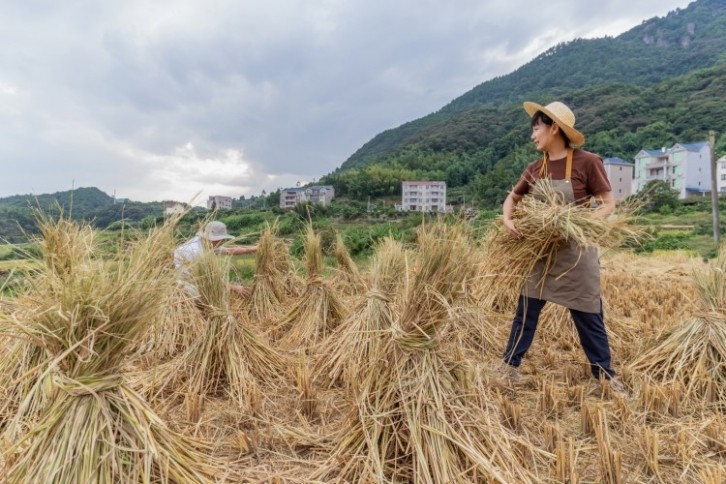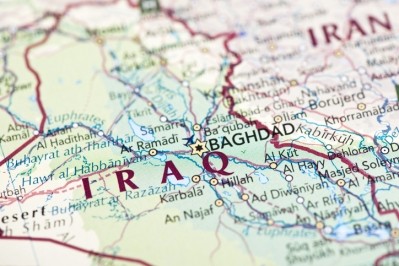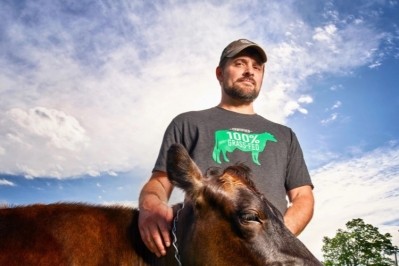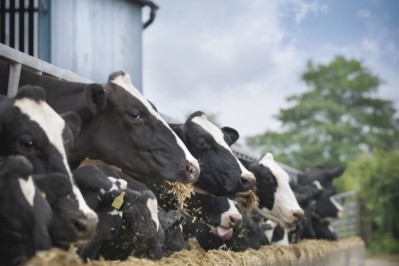‘Strikingly low’: FAO condemns ‘diminishing’ funding for agrifood systems amid slow climate change progress

The Food and Agriculture Organization (FAO) found that between 2000 and 2021 climate-related funding dedicated specifically to the development of climate-resilient agrifood systems amounted to $183bn, and more than half of that came after 2016. But contributions have plummeted in 2021, with only $19bn invested globally - a 12% decline compared to 2020.
The body noted that although overall global funding targeted at improving the resilience of agrifood systems has doubled in absolute terms from 2010 to 2021, the growth rate of funding has fallen ‘significantly short’ of the average, the body said. For example, other sectors, such as the transport industry, has enjoyed an almost four-fold increase in climate-related development finance in the same period.
Agriculture is one of the sectors with the highest adaptation finance needs for implementing national climate plans, but climate finance for adaptation is also on a downward trend, FAO revealed. According to a recent analysis from the Climate Policy Initiative, only 4% of global climate finance went to agrifood systems between 2019 and 2020. To transform agrifood systems and achieve not only climate action but all the sustainable development goals, nations would need to mobilize about $680bn per year until 2030, FAO reported.
The sharpest decline in climate-related funding was recorded in Asia, where funding declined by 44% compared to 2020. Meanwhile, in Latin American and the Caribbean – where agriculture is increasingly impacted by climatic conditions such as increased maximum temperatures, prolonged dry spells and erratic rainfall patterns - funding increased only by 6%. Europe and Africa also saw a modest increase, of 4%.
“The unique potential of agrifood systems to tackle the climate crisis can only be realized by scaling up investments in agrifood systems solutions and actions. The diminishing trends of both agrifood and adaptation investments is a missed opportunity to equip farmers around the world with the knowledge, the much-needed technologies and innovation to enhance their resilience and adapt to climate change impacts,” said FAO deputy director-general Maria Helena Semedo.
FAO found that in 2021 the majority of the funding (59%) for agrifood systems came primarily from bilateral resource providers, with the private sector contributing 5% and multilateral providers – 35%. The region that secured the biggest chunk of this funding (53%) was Sub-Saharan Africa, with most of the funding coming from the EU, notably Germany.
“Within the United Nations Framework Convention on Climate Change, there is a financial mechanism aimed at helping countries tackle the harmful impacts of climate change on their agrifood systems,” FAO said. “This includes support from the Global Environment Facility and the Green Climate Fund.”
FAO is also working to help address the financing gap through the Food and Agriculture for Sustainable Transformation Partnership, known as FAST Partnership, which highlights the importance of collective efforts to improve the quantity and the quality of climate finance, ensuring that climate investments reach the most vulnerable, particularly family farmers who often face the impacts of climate change.
A meeting was held on December 12 at a presidency roundtable on the food, agriculture and water thematic day at COP28, FAO reported, adding that the body will facilitate the FAST Partnership through a task force serving as a secretariat at its HQ in Rome.








